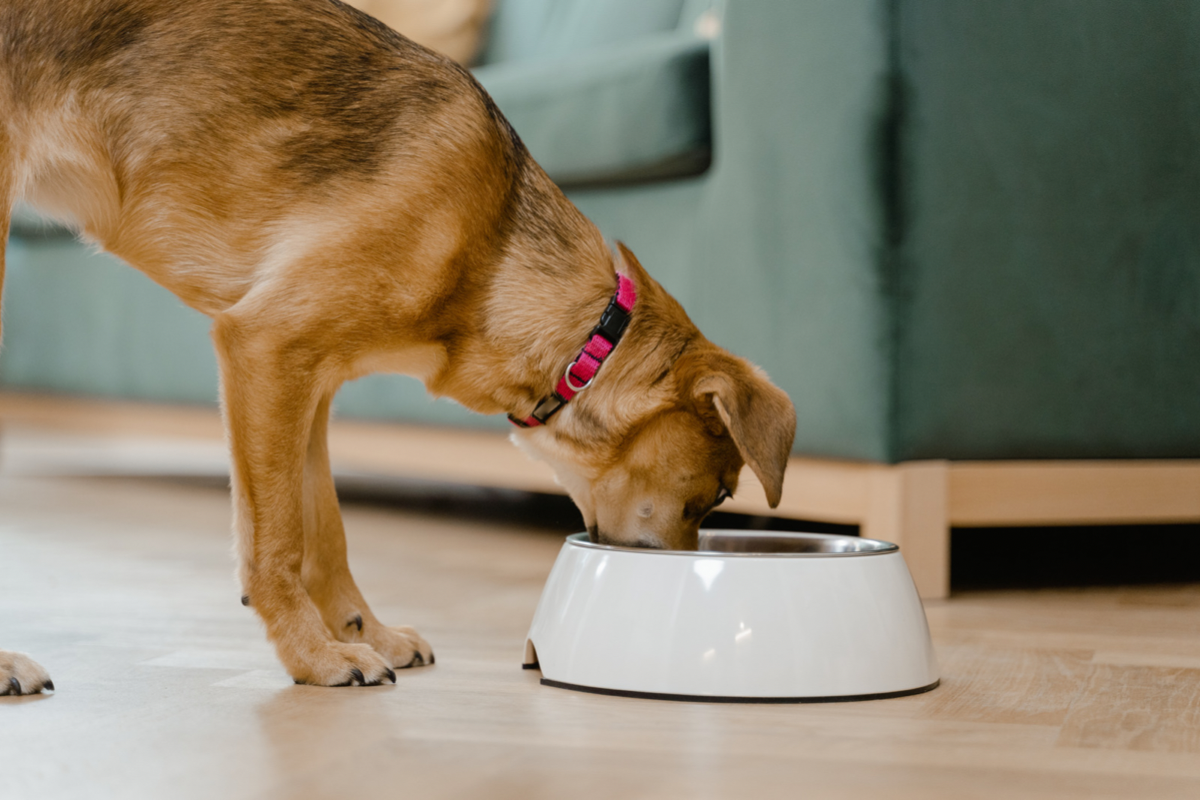- September 4, 2022
- No Comment
- 5 minutes read
A Veterinarian Answers All of Your Questions About Your Pet's Diet – Tinybeans

Things to Do Features
Fun & Games Features
Food & Drink Features
Shopping Features
Parenting Advice Features
If you’re a pet owner, odds are your Google search has a history of “Can dogs eat this” or “what happens if your cat eats that”. To help clear up any confusion around what your furry friend can eat and get advice on the best nutrition for your pet, we’ve teamed up with Hill’s Pet Nutrition and veterinarian Dr. Kristin Wuellner—an expert on what should be going into your pet’s body and what to do if they happen to get into something else! Keep reading to see Dr. Wuellner’s answers to our user-submitted questions:
Every pet parent has a long list of questions about their furball, including how to keep them happy and healthy! Hill’s provides science-backed nutrition to help your best friend be their best self. See how Hill’s science-backed nutrition can give your best friend their best life.
I don’t recommend giving your dog any natural bone to chew on, cooked or uncooked. Natural bones are associated with serious health risks, like tooth damage and intestinal blockage, among other things. I strongly recommend giving your pet a toy that is designed for heavy chewing and replacing it when it starts to fray or break.
Chocolate is probably the most well-known food to avoid giving your dog. However, you should call your veterinarian if they eat anything with caffeine, grapes or raisins (even one!), alcohol, raw bread dough, anything containing xylitol (like sugar-free gum and candy), onions or garlic. It’s important to keep in mind that any human food may cause dietary upset in your pet so try to stick to dog food and treats.
Puppies, like babies, all grow at different rates and their nutritional needs vary as they age and grow. As a good starting point, I’d recommend checking your food’s packaging—most puppy foods have a nice reference chart for age and weight. It’s important to talk to your veterinarian about feeding amounts as they can determine if your pet is growing at an appropriate rate and make the best recommendation.
Not all grain-free foods are bad and there are certain (rare) instances in which your dog may need a grain-free food. It’s important to note that food allergies in dogs are relatively uncommon, but environmental allergies are prevalent. However, if you’re concerned that your pet is allergic to many foods, I highly recommend talking to your veterinarian about a dietary elimination trial, which is the gold standard for diagnosing food allergies in dogs. Based on the results of the diet trial, they will recommend a food that fits your pets nutritional needs and allergy profile.
Enter your email and zip code below for a chance to win a Mastercard Gift Card. We’ll pick one winner per month through August 31, 2022 – 5 lucky winners in all!
Choose how you would like to sign up.
or
By signing up, you agree to Tinybeans Terms of Service
and acknowledge you have read and agreed to our Privacy Policy.
Don’t have any account? Create an account here.
Forgot your password? Reset it here.
or
Tinybeans uses personal information to share useful recommendations and ideas for your family. This may include your previous activity, family profile and your hometown. Tinybeans keeps your data safe and does not sell personal information to any third party. Learn more about your privacy and location choices.

